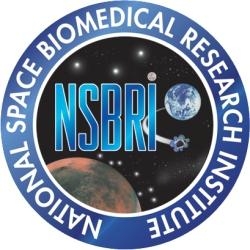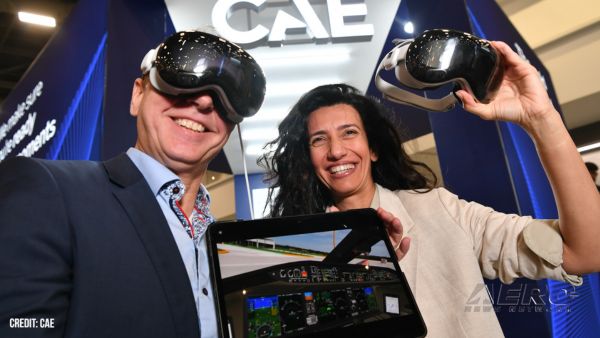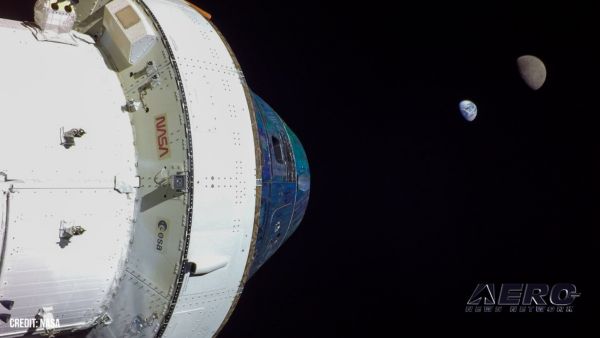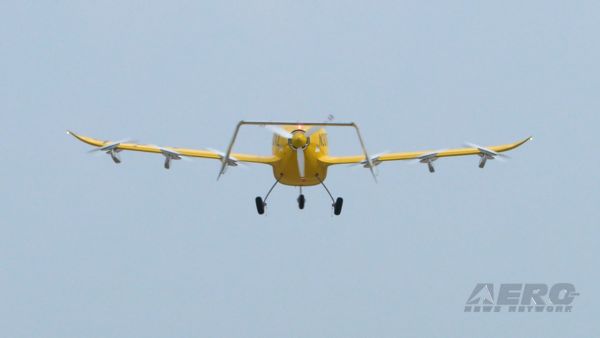Thu, Jun 21, 2012
Each Scientist Will Focus On A Specific Area Of Human Space Flight
The National Space Biomedical Research Institute (NSBRI) has enlisted seven of the nation's top scientists to serve as team leaders in its efforts to protect astronaut health during long-duration spaceflight. Each of the scientists will lead one of NSBRI's seven discipline area research teams focused on specific challenges faced by humans in space.

"NSBRI's position at the forefront of space biomedical research will be enhanced with these outstanding scientists serving as team leaders," said Dr. Jeffrey P. Sutton, NSBRI president and CEO. "Their expertise and knowledge will be beneficial to the Institute, NASA and human spaceflight in general. They will play an instrumental role in our efforts to overcome health challenges facing humans while in space and to improve health care on Earth."
The team leaders are responsible for reporting on their teams' research projects and working closely with the NSBRI Science Office and NASA to ensure alignment with operational needs. The team leaders' term is for three years and they must also have a currently funded NSBRI research project.
The NSBRI teams address space health concerns such as bone loss and muscle weakening, balance and orientation problems, neurobehavioral and psychosocial problems, radiation exposure, remote medical care and research capabilities, and habitability and performance issues during spaceflight.
The team leaders and their institutions are:
Cardiovascular Alterations Team
- Dr. Benjamin D. Levine, University of Texas Southwestern Medical Center at Dallas Human Factors and Performance Team
- Dr. Elizabeth B. Klerman, Harvard Medical School-Brigham and Women's Hospital Musculoskeletal Alterations Team
- Dr. Lori Ploutz-Snyder, Universities Space Research Association Neurobehavioral and Psychosocial Factors Team
- Dr. David F. Dinges, Perelman School of Medicine at the University of Pennsylvania Radiation Effects Team
- Dr. Ann R. Kennedy, Perelman School of Medicine at the University of Pennsylvania Sensorimotor Adaptation Team
- Dr. Charles M. Oman, Massachusetts Institute of Technology Smart Medical Systems and Technology Team
- Dr. Gary E. Strangman, Harvard Medical School-Massachusetts General Hospital
NSBRI, funded by NASA, is a consortium of institutions studying the health risks related to long-duration spaceflight and developing the medical technologies needed for long missions. NSBRI's science, technology and education projects take place at more than 60 institutions across the United States.
More News
States That Current Process is Damaging National Aerospace Development US Senator Jerry Morgan is pushing the FAA to speed up the process for rocket launch licensing. He argues tha>[...]
From 2015 (YouTube Edition): Model Aviator Aims For Full-Scale Career While at the 2015 Indoor Electric RC Festival, referred to as eFest, ANN CEO and Editor-In-Chief, Jim Campbell>[...]
Dave Juwel's Aviation Marketing Stories ITBOA BNITBOB ... what does that mean? It's not gibberish, it's a lengthy acronym for "In The Business Of Aviation ... But Not In The Busine>[...]
Aero Linx: Cardinal Flyers Online The Cardinal Flyers Online Web site was created and is maintained by me, Keith Peterson. My wife Debbie and I have owned a 1976 RG since 1985. Wit>[...]
Clearance Void If Not Off By (Time) Used by ATC to advise an aircraft that the departure release is automatically canceled if takeoff is not made prior to a specified time. The exp>[...]
 Senator Pushes FAA to Accelerate Rocket Launch Licensing
Senator Pushes FAA to Accelerate Rocket Launch Licensing Classic Aero-TV: RJ Gritter - Part of Aviations Bright New Future
Classic Aero-TV: RJ Gritter - Part of Aviations Bright New Future Aero-FAQ: Dave Juwel's Aviation Marketing Stories -- ITBOA BNITBOB
Aero-FAQ: Dave Juwel's Aviation Marketing Stories -- ITBOA BNITBOB ANN's Daily Aero-Linx (10.27.24)
ANN's Daily Aero-Linx (10.27.24) ANN's Daily Aero-Term (10.27.24): Clearance Void If Not Off By (Time)
ANN's Daily Aero-Term (10.27.24): Clearance Void If Not Off By (Time)



